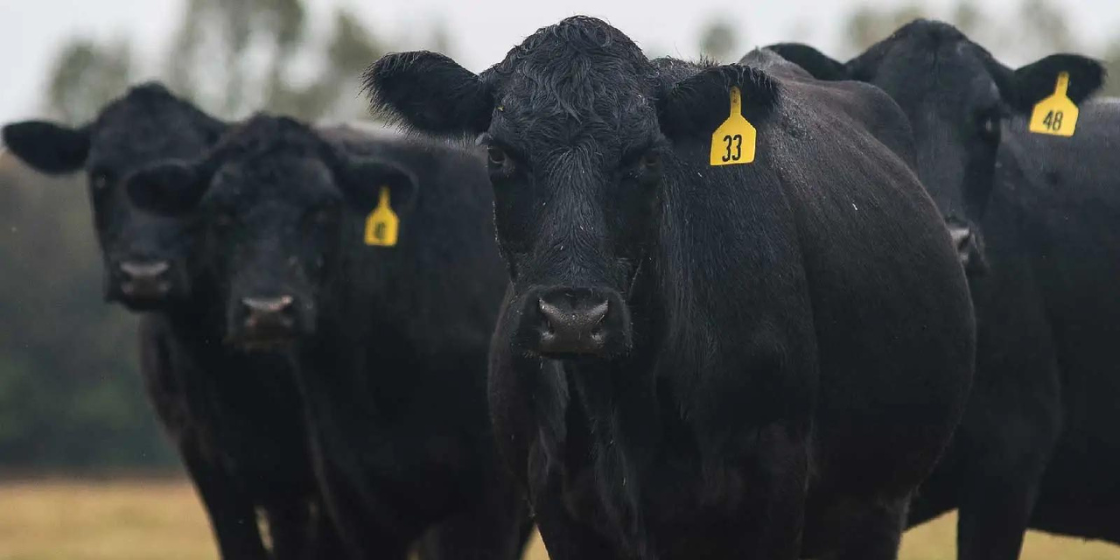Aug 10, 2023
Why the food system is the next frontier in climate action
.png)
Images: courtesy of Yale Climate Connections
Editor’s Note: New research suggests that reducing food waste, shifting dietary patterns, and improving resource-use efficiency can mitigate more than half of anticipated global heating due to food-related emissions. Eating less factory-farmed red meat, which is 2-5x more resource-intensive than other animal proteins, and reducing food waste, which globally would be the third largest emitter behind the US and China, are the lowest-hanging fruits to reducing our food-related climate impact.
CONTENT SOURCED FROM YALE CLIMATE CONNECTIONS
Written by: Daniel J. O’Brien and Devan Crane
April 20, 2023
While recent federal bills have advanced climate solutions through the lenses of infrastructure, electricity production, and transportation, policymakers are now turning their attention to another major source of planet-heating emissions: the food system. In its March 2023 report on U.S. biotechnology and biomanufacturing innovation, the White House emphasized a coming focus on climate-centric agriculture. In February, a group of House representatives launched a task force to ensure that the 2023 farm bill contains strong climate provisions.
Why this new focus on the food system?
In 2018, the Intergovernmental Panel on Climate Change, or IPCC, — a body of experts created to inform governments about scientists’ state of knowledge on climate change — laid out a report detailing the consequences of global warming of more than 1.5 degrees Celsius (2.7 degrees Fahrenheit) above pre-industrial levels. Above this threshold, Earth’s climate would change in dangerous ways, including frequent heat waves, rising sea levels that flood coastal cities, and biodiversity failures that could disrupt entire ecosystems. Per the IPCC’s 2023 report, we have already hit 1.0°C of warming.
Absent any revolutionary changes in dietary patterns or agricultural production practices, global food production and consumption is projected to contribute an additional 0.7 to 0.9°C of warming, sending us crashing through the looming 1.5°C ceiling.
Historically, changing food production and consumption practices has been slowly growing in importance in climate policy decision-making. With up to 0.5°C of mitigation potential, the food system presents governments, corporations, and individuals with the next great opportunity for impactful climate action.
